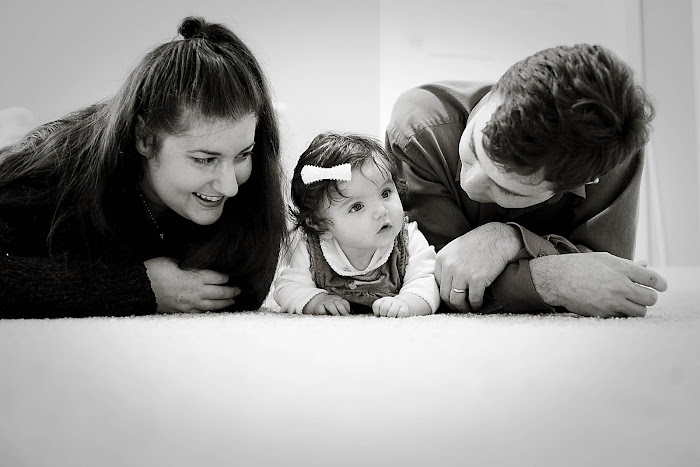This is such a hot button topic on nearly every internet-based parenting board or magazine. Some parents are adamently against vaccinating their children for any disease, others selectively vaccinate their children (usually omitting or delaying the MMR vaccine) and still others strictly follow their pediatrician's advice and the CDC Immunization Schedules.
I will disclose that we fall squarely within camp #3 after researching the research on this issue. Also, my husband is a scientist. All of the reliable medical evidence is on our side in addition to a recent court ruling that there is no link between mercury-laden vaccines and the MMR vaccine and autism in children. Reporter Campbell Brown from CNN recently summarized our sentiments on the research and court ruling here.
I want to emphasize one of Brown's points and my largest concern. The more people either refuse to vaccinate or delay vaccinating their children, the more once arrested communicable diseases will experience resurgences and spread among our population. Keep in mind that immunizing your child is not the only intended consequence of the vaccination program; immunizing everyone protects your child before she receives each vaccination from encountering someone who could transmit that disease to her. The more non-immunized living amongst us, the more risk to everyone's infants and toddlers of diseases once fatal or permanently debilitating to those populations. In addition, sometimes the vaccination dose given is insufficient to prompt a strong enough immune response from a particular child. Instead, we must rely upon other successful immunizations to help protect her from exposure to the disease. Anecdotally, my dentist told me that her one-year-old, despite adherence to the immunization schedule, contracted the Rotavirus from a daycare setting.
In addition, the Times of London recently conducted an investigative report concluding that the scientist who published the study linking the MMR vaccine to autism was found to have improperly altered his data to derive the result he desired. This offends principled scientists and researchers who spend much of their time painstakingly testing hypotheses in a manner that can be replicated.
So, we immunize our children not just to protect them but also to protect others from potentially life threatening diseases. And the science behind Dr. Wakefield's 1998 paper should not be trusted. I choose to rely upon the mountain of scientific evidence that contradicts his findings instead. I can only hope that other parents' decisions not to immunize do not adversely impact my child or other children. What do you think?
